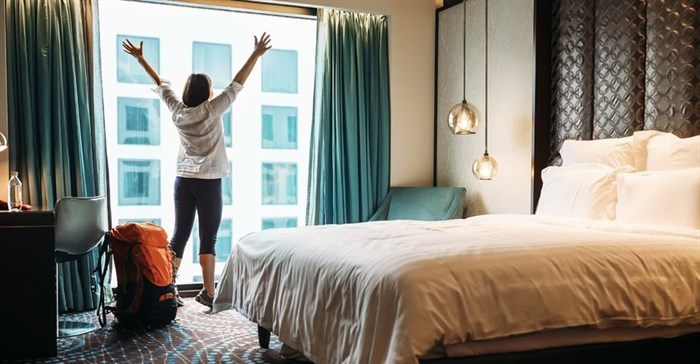
Top stories






More news


Marketing & Media
Ads are coming to AI. Does that really have to be such a bad thing?














We expect to see three key trends dominating the sector over the coming year, namely attracting and engaging with new guests, rethinking human capital and using big data for personalisation.
Businesses should consider the needs of these growing markets and whether new technologies or new disruptive business models could succeed in addressing their needs.
Hotels’ offerings must be relevant for a new generation of guests. These do not just include millennials, but also refer to modern travellers who expect more innovation from hotels.
According to leading players in the hospitality sector, eco-awareness, wellness and sustainability are important themes for Gen X and Millennials. Big hotel brands are thus launching more lifestyle hotels, which are often boutique brands that benefit from parent companies’ infrastructure. These include brands such as Marriott’s Element; Aloft and Edition, Andaz by Hyatt, and InterContinental Hotels Group’s Hotel Indigo.
Hoteliers’ websites increasingly include content on local attractions. The Hoxton Hotel in London, for example, publishes ‘Hoxtown’, a programme of events, blogs and guides to highlight local attractions. Meanwhile, Fairmont Hotels & Resorts commissioned leading photojournalists to give guests a glimpse of what goes on behind the scenes at its hotels.
As Radisson RED opened its third international hotel in Cape Town, the message is clear – this is a new hotel philosophy that connects with an ageless millennial mindset through art, music and fashion. Its design is bold, alive and inspirational. It redefines the possible with an open and impeccably designed lifestyle experience. RED’s flexible service concept caters to the DIY attitude of guests and creates a unique guest experience.
Reviewing ‘loyalty schemes’ is another important aspect to address when catering for modern guests. These are considered irrelevant by the new traveller. InterContinental Hotels believe that the key for brand renewal will be to transform loyalty schemes into ‘membership communities’ that encourage all customers to engage with one another and with the brand and its properties at all times.
The traditional staff organisation structure of hotels, still widely in use, dates back to those ‘grand old ladies’ – the likes of The Ritz, The Plaza, The Mount Nelson, etc. – of the late 1800s and early 1900s.
To serve the customers of the future and harness the opportunities of new technologies, hotel staff could be termed ambassadors with core and roaming duties and be encouraged to spend face-time every day with guests. Many mundane tasks will be done through computing power and in the not so distant future, personalised and general service will be enabled through artificial intelligence. Staff will augment the machine learned requirements and have very different roles to today.
Senior leadership and head office positions will also need some re-engineering. General managers might be re-termed as experience curators or chief guest ambassadors. In order to understand what is ‘important and significant for young travellers’, the St Regis Mexico City has appointed its first chief millennials officer.
The key to personalisation lies in the collection and analysis of big data to identify what matters most to different guests and acting on it. Business travellers have different needs and preferences compared to leisure guests. Factors such as age and cultural backgrounds also make a difference. Obtaining and tracking this information must be the first priority. However, as hotels move towards data-enabled personalisation, they will need to prioritise data security and privacy and comply with evolving stringent privacy laws.
In addition to new generations, new markets are continuously opening up. People from China are exploring more and more of the world while simultaneously, the country is also receiving growing numbers of business and leisure travellers. Africa has a burgeoning middle-class that is eager to travel, shop and be entertained.
Businesses should consider the needs of these growing markets and whether new technologies or new disruptive business models could succeed in addressing their needs. Cultural product and service adaptations and language are easy wins here.
Tourism is an industry that still holds significant potential for South Africa’s economy, especially while we are in dire need of employment opportunities. Our hotel sector would do well to innovate with the times, to ensure it keeps attracting its fair share of visitors.
